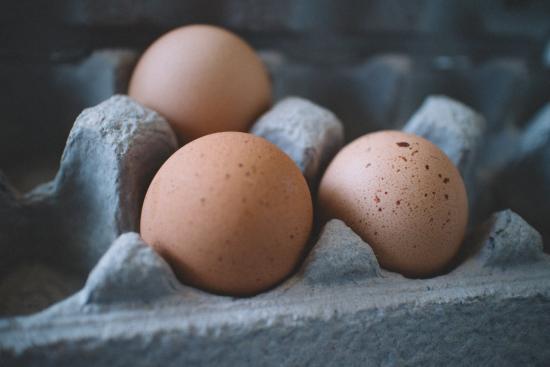Age Slower: Find Your Protein Sweet Spot
From fasting to low-protein diets, the evolving science of dietary restriction might just offer the key to slowing aging.
The idea that eating less might make us live longer has been around for thousands of years. Even Hippocrates, the Ancient Greek physician, argued that, “When a patient is fed too richly, the disease is fed as well. Any excess is against nature.”
Scientists have now spent decades testing whether his advice holds true. The first striking evidence came in the 1930s, when American nutritionist Dr Clive McCay found that rats fed a restricted diet lived almost twice as long as those who were allowed to eat what they liked. And they weren’t struggling on, too hungry to muster the energy to die. These rats were, in fact, healthier in their old age, with better-looking lungs and kidneys and no cancer (until the rats’ food supply was increased again right at the end of the experiment).
In the intervening century or so, we’ve found that cutting back calories can have life- and health-extending effects across the tree of life: from single-celled fungus yeast, to nematode worms, flies, spiders, grasshoppers, guppies, trout, mice, hamsters and dogs.
Why? The theory is that reduced food intake might push a biological button inside our cells, telling them to hunker down. If snacks are scarce, it makes little sense to burn calories by, for example, gearing up for reproduction. This is an energetically expensive process with the added disadvantage that your offspring would be born into a world without enough food.























